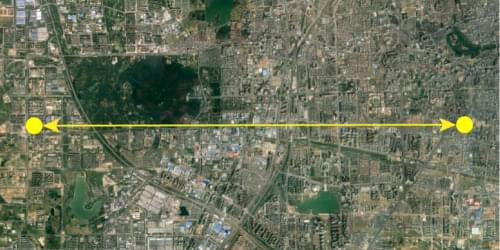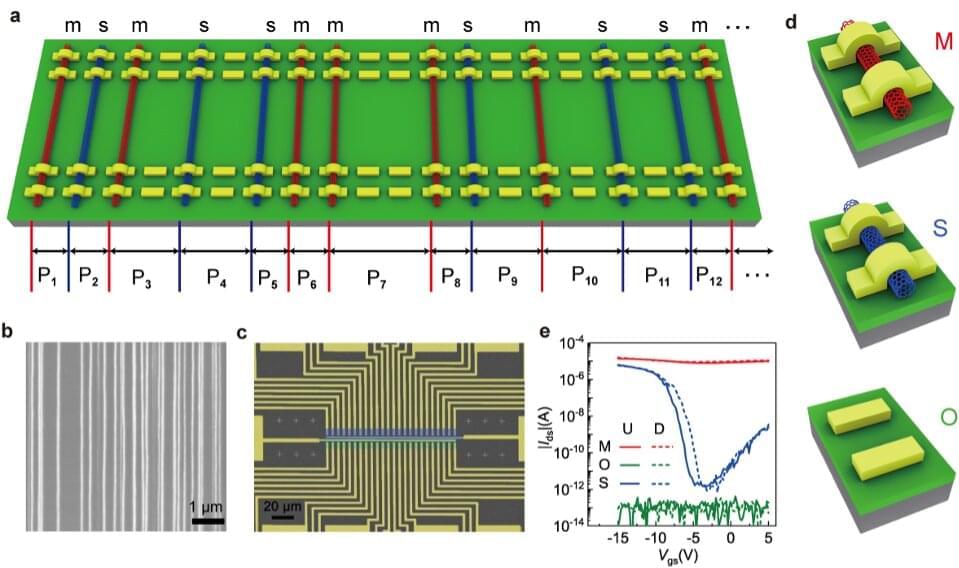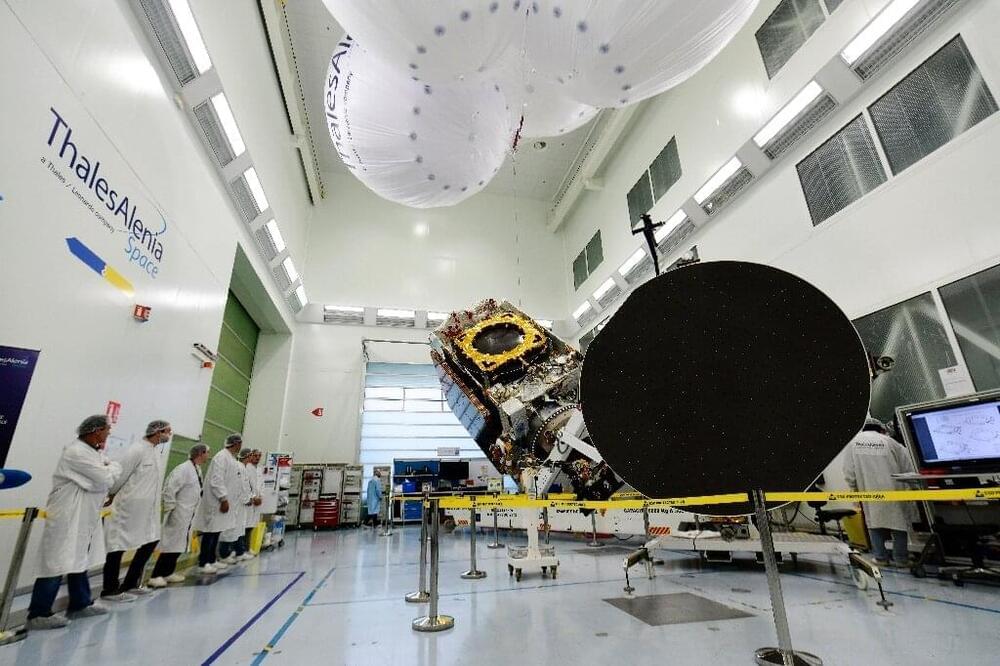“In the nearly 22 years that I’ve served in Congress, we have come a long way in cyberspace,” said Rep. Jim Langevin, D-R.I.


Sometimes you need to display a number nice and large, making it easily readable at a good distance. [Lewis] has just the thing for that: a big expandable 7-segment display.
The build is modular, allowing it to be extended from 2 to 10 digits and beyond. The digits themselves are made of 3D-printed parts assembled onto acrylic. These can then be ganged up in a wooden frame for displaying larger numbers with more digits. Individual elements are lit by addressable LEDs, and the project can be built using an Arduino Nano or an ESP8266 for control. The latter opens up possibilities for controlling the screen over WiFi, which could prove useful.
[Lewis] has built his own version for a local swim club, where it will be used as a laptimer. Other applications could be as a scoreboard in various sports, or to confuse your neighbours by displaying random numbers in your front yard.



Would you like a warning before the world ends?
Well, it’s now possible. Extraluminal is an Internet of Things (IoT) device that will notify you an hour before the Earth is about to be destroyed by a supernova.
A supernova refers to “the cataclysmic explosion of a massive star at the end of its life. It can emit more energy in a few seconds than our sun will radiate in its lifetime of billions of years.”

As the amount of data stored in devices and shared over the internet continuously increases, computer scientists worldwide are trying to devise new approaches to secure communications and protect sensitive information. Some of the most well-established and valuable approaches are cryptographic techniques, which essentially encrypt (i.e., transform) data and texts exchanged between two or more parties, so that only senders and receivers can view it in its original form.
Physical unclonable functions (PUFs), devices that exploit “random imperfections” unavoidably introduced during the manufacturing of devices to give physical entities unique “fingerprints” (i.e., trust anchors). In recent years, these devices have proved to be particularly valuable for creating cryptographic keys, which are instantly erased as soon as they are used.
Researchers at Peking University and Jihua Laboratory have recently introduced a new system to generate cryptographic primitives, consisting of two identical PUFs based on aligned carbon nanotube (CNT) arrays. This system, introduced in a paper published in Nature Electronics, could help to secure communications more reliably, overcoming some of the vulnerabilities of previously proposed PUF devices.



French satellite operator Eutelsat said on Monday it was in talks with British counterpart OneWeb for a tie-up to create a “global champion” in broadband internet, rivaling US services like Elon Musk’s Starlink.
Satellite broadband promises to bring coverage to the most remote areas of the planet by doing away with the need for antennas and other infrastructure.
It will also supply internet on commercial aircraft and to products like connected cars.

Using GPT-3, Calamity AI developed a short film script called Date Night. GPT-3 is the third generation Generative Pre-trained Transformer, is a neural network ML model trained using internet data to generate any type of text. GPT-3 has been used to create articles, poetry, stories, news reports, and dialogue using just a small amount of input text that can be used to produce large amounts of quality content. Developed by OpenAI, it requires a small amount of input text to generate large volumes of relevant and sophisticated machine-generated text.
Enter Calamity AI, a pair of film students in California collaborating with an AI to write original short films and produce for YouTube. It aims to showcase the results of AI and humans working in tandem. The limitations of artificial intelligence restrict it from doing every element of the filmmaking process.